Seniors with Hearing Loss: Coping Strategies and Support Options
Introduction:
Seniors with hearing loss face unique challenges in their daily lives. Communication with loved ones, social interactions, and even simple tasks like watching television or using the phone can become difficult or impossible. However, there are many coping strategies and resources available to help seniors with hearing loss stay connected and engaged.
In this article, we will explore some of the ways that seniors with hearing loss can cope and thrive, including assistive devices, communication tips, and support resources. Whether you are a senior dealing with hearing loss yourself or a caregiver for someone who is, this article will provide valuable information and resources.
Understanding Hearing Loss in Seniors:
Hearing loss is a common condition among seniors. As we age, the hair cells in our ears that are responsible for transmitting sound can become damaged or die off, leading to hearing loss. In fact, according to the National Institute on Deafness and Other Communication Disorders, one in three people aged 65-74 have hearing loss, and nearly half of those over 75 have some degree of hearing loss.
There are different types and degrees of hearing loss, ranging from mild to profound. Some seniors may experience difficulty hearing high-pitched sounds, while others may have trouble hearing conversations in noisy environments. It is important to have a hearing test to determine the type and degree of hearing loss in order to identify the most appropriate coping strategies.
Coping Strategies for Seniors with Hearing Loss:
Seniors with hearing loss can benefit from a variety of coping strategies to help them stay connected and engaged. Here are some tips for coping with hearing loss:
Be proactive about your hearing health. Get regular hearing tests and follow up with your doctor or audiologist about treatment options.
Let others know about your hearing loss. Ask them to speak clearly and face you when speaking.
Use visual cues to supplement communication. Lip reading, facial expressions, and gestures can all help to convey meaning.
Avoid noisy environments whenever possible. If you must be in a noisy environment, consider using earplugs or noise-cancelling headphones.
Use assistive devices to enhance communication. Hearing aids, cochlear implants, and other devices can help to amplify sounds and make communication easier.
Communication Tips for Seniors with Hearing Loss:
Effective communication is essential for seniors with hearing loss to stay connected with loved ones and participate in daily activities. Here are some tips for improving communication:
Face the person you are speaking to and make eye contact.
Speak clearly and slowly, but avoid exaggerating your speech.
Use simple language and avoid using slang or jargon.
Rephrase rather than repeat if the person does not understand.
Use visual cues to supplement communication, such as gestures or written notes.
Assistive Devices for Seniors with Hearing Loss:
There are a variety of assistive devices available to help seniors with hearing loss. Here are some examples:
Hearing aids: These devices amplify sounds and are worn in or behind the ear.
Cochlear implants: These surgically implanted devices can help to restore hearing for people with severe or profound hearing loss.
FM systems: These devices can transmit sound directly to a hearing aid or cochlear implant, making it easier to hear in noisy
Bluetooth devices: These devices can connect to a smartphone or other electronic device and stream audio directly to the hearing aid or cochlear implant.
Captioned telephones: These phones display captions of the conversation in real-time, making it easier for seniors to follow along.
Signaling devices: These devices can alert seniors to important sounds, such as doorbells, phones, and smoke detectors.
Support Resources for Seniors with Hearing Loss:
There are also many support resources available for seniors with hearing loss. Here are some examples:
Hearing loss associations: There are many organizations dedicated to supporting people with hearing loss, such as the Hearing Loss Association of America.
Support groups: Local support groups can provide a sense of community and help seniors to share their experiences and coping strategies.
Audiologists and speech-language pathologists: These professionals can provide hearing tests, assistive device evaluations, and communication strategies.
Telecommunications Relay Service: This service provides communication assistance for people with hearing loss by connecting them to a relay operator who can speak and type messages for them.
Captioning services: Many television programs, movies, and online videos offer closed captioning to make it easier for people with hearing loss to follow along.
FAQs:
Can hearing loss be prevented?
While some types of hearing loss, such as age-related hearing loss, cannot be prevented, there are steps that can be taken to protect your hearing, such as wearing earplugs in loud environments and limiting exposure to loud noises.
Will hearing aids restore my hearing completely?
Hearing aids can help to amplify sounds and make communication easier, but they cannot restore hearing to its normal level. Cochlear implants may be a better option for people with severe or profound hearing loss.
Are there any support groups for seniors with hearing loss?
Yes, there are many local and national support groups for seniors with hearing loss, as well as online communities and forums.
Conclusion:
Seniors with hearing loss face unique challenges in their daily lives, but there are many coping strategies and support resources available to help them stay connected and engaged. By being proactive about hearing health, using assistive devices, and utilizing communication tips and support resources, seniors with hearing loss can continue to thrive and participate in daily activities.
